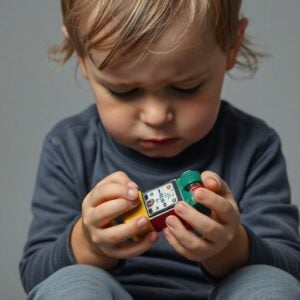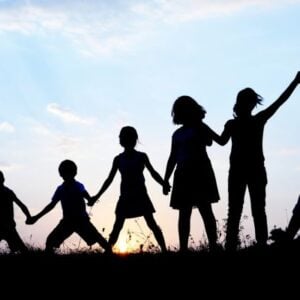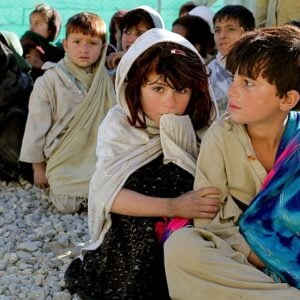The European Union (EU) has committed €10 million to UNICEF to support Afghan children on the move, particularly those returning from neighbouring countries. This funding marks the launch of Phase 3 of the Afghan Children on the Move initiative, bringing the EU’s total investment since 2018 to €38 million. The partnership aims to provide immediate care and protection at Afghanistan’s main border points while also supporting long-term reintegration across 12 provinces through education, health, nutrition, vocational training, and livelihood opportunities.
Over the next three years, the initiative will assist more than 180,000 children and families with family tracing, reunification, interim care, psychosocial support, and resilience-building interventions. The recent surge in returns from Pakistan and Iran has put unprecedented pressure on Afghanistan’s child protection services, leaving unaccompanied children particularly vulnerable to violence, exploitation, and neglect.
Eric Beaume, Head of Cooperation at the EU Delegation to Afghanistan, emphasized that the EU’s contribution reflects a wider commitment to migration and forced displacement, ensuring access to essential services and opportunities for displaced people, with a focus on children and adolescents. Immediate support at key border crossings, including Islam-Qala, Milak, Spin Boldak, and Torkham, will be complemented by community-based solutions to help families rebuild their lives and reduce unsafe migration risks.
Dr. Tajudeen Oyewale, UNICEF Representative in Afghanistan, highlighted that the EU’s support is critical at a time when over 2 million Afghans, including half a million children, have returned from neighbouring countries this year. He stressed that every child has the right to protection, care, and opportunities to thrive, and that the EU–UNICEF partnership has been a lifeline for thousands of unaccompanied and separated children.
Since 2018, the initiative has reached tens of thousands of children with essential services. In 2024 alone, nearly 14,000 unaccompanied and separated children returning from Iran and Pakistan received assistance, with 9,000 supported directly through the EU–UNICEF partnership.






